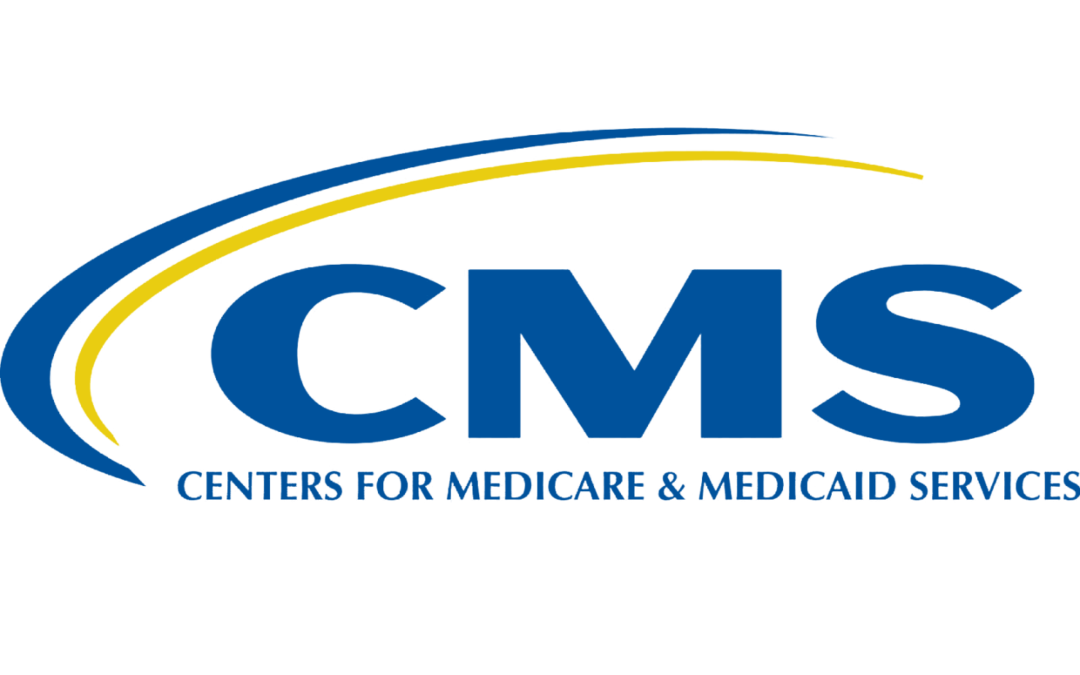The Centers for Medicare & Medicaid Services (CMS) recently announced plans to test prior authorization (PA) for 40 services related to blepharoplasty, botulinum toxin injections, rhinoplasty, panniculectomy, and vein ablation performed in Ambulatory Surgical Centers (ASCs) in 10 states. When CMS is concerned about over use or improper use of a service, they have the authority to implement a PA process for Medicare Fee for Service (FFS) patients. This particular five-year demonstration project will begin Nov. 1, 2024, and run through October 2029.
In 2020, CMS began requiring prior authorization for these services performed in the Outpatient Department (OPD), and the federal agency believes that scrutiny in the OPD encouraged services to move to the ASC. Since the 2020 rule’s implementation, CMS says Medicare spending for the selected services in the hospital outpatient setting has dropped 28%, from $79.7 million to $57.3 million. CMS data shows a sharp increase in the number of these services performed on Medicare Fee for Service (FSS) patients in Ambulatory Surgical Centers (ASCs) between 2019 and 2021, so it was probably inevitable that they would start watching claims from ASCs more closely.
In their letter explaining the new program, CMS stated: “There is considerable concern about unnecessary utilization of these services in the OPD moving to the ASC as the OPD prior authorization program continues and services are scrutinized in the OPD setting. Implementing prior authorization requirements in the ASC setting would help prevent that shift in unnecessary utilization and potential fraud, waste, and abuse. CMS selected the targeted services for inclusion in this demonstration, based upon problematic events, data, trends, and potential billing behavior impacts of the OPD Prior Authorization Program which requires prior authorization as a condition of payment for these services.”
Many readers will remember when Hyperbaric Oxygen Therapy for certain non emergency indications had a similar PA process. Although the HBOT PA process was limited to 3 states, HBOT utilization decreased nationwide and today remains at a 16 year low. This new PA program will not affect most hospital-based wound centers, although a few do provide vein ablation.

Dr. Fife is a world renowned wound care physician dedicated to improving patient outcomes through quality driven care. Please visit my blog at CarolineFifeMD.com and my Youtube channel at https://www.youtube.com/c/carolinefifemd/videos
The opinions, comments, and content expressed or implied in my statements are solely my own and do not necessarily reflect the position or views of Intellicure or any of the boards on which I serve.



